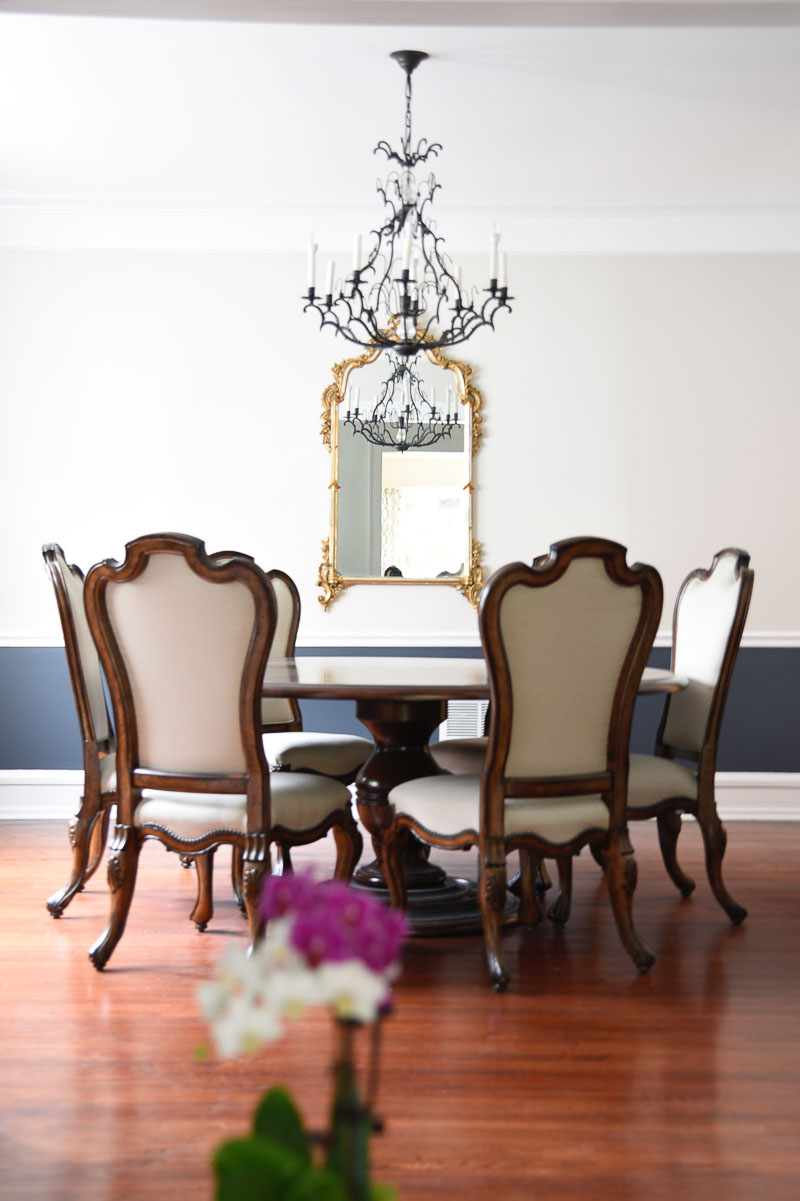
in the original design - the entire firstfloor was cut up into small spaces with many rooms and doors. the kitchen was a crampedgalley style area with room for only one cook. the dining room was even smaller and barelyheld the previous ownerã•s table, chairs and china cabinet. the problem: how to providefor a kitchen with more space and modern features. the solution: merge the dining room into thekitchen to create an open space. taking down walls is not for the faint ofheart in remodeling, they tend to hold more than a few surprises. but to achieve the openconcept, the loadbearing wall separating the kitchen and the south living room had to goand you guessed it- it contained two heating duct runs to the second floor, wiring forthe entire kitchen lighting, plus outlets
and a heating duct for the kitchen. by taking down the load bearing wall, we alsocreated the need for additional support. an extra-long steel beam was the answer, installedalong with supports in the basement to handle the point loads. in the old dining room space,a former window was filled in to make a solid wall for the expanded kitchen cabinets. thento match the new countertop and cabinet layout, a new, smaller window was created. two oldpatio doors were removed, opening up the kitchen and media room to the new garden room(slash)diningarea. and an original exterior window, now facing the interior garden room, was convertingit into a pass-through - with a granite countertop serving edge on the gardenroom side as well.
an island was constructed in the center ofthe kitchen, open to, but separating the kitchen from the living room. new kitchen cabinetswere installed with soft close doors and drawers made of all wood and plywood construction.the original cabinets were repurposed - given to one of the contractors for his tool room.counter tops of beautiful napoli granite were installed. and the aging vinyl floor was replacedwith solid oak flooring made of random widths and lengths, laid throughout the living room,kitchen, media room hallway and master bedroom. stainless steel energy star appliances nowoccupy the kitchen along with an epa water sense low flow kitchen faucet. by sacrificingthe formal dining room, the owners gained an island with room for four stools, morecabinets and a lot more elbow room in the
kitchen. the new dining room sits in the garden room.the original screened-in three season room on stilts was removed and a full foundation,double the size was added, along with vaulted ceilings. the garden room addition includedthree energy efficient sliding patio doors, repurposed from the green leaf inn, to createan open outdoor look and feel. slate tile was chosen for two reasons - to provide a different look than the oakwood floors throughout, and for safer footing for people coming infrom the swimming pool. the walls were built with 2x6 construction, and every wall andthe ceiling in the sunroom was insulated with spray foam. the final result is an energyefficient room, open to the outdoors, yet
cool in the summer and warm in the wintera beautiful area that serves both as a dining room and sitting area.